|
Today is World Malaria day, a disease that, according to UNICEF, kills a child in Africa nearly every minute. In 2021 alone, 247 million cases of malaria were recorded around the world, 95% of which were in sub-Saharan countries. The good news is that the disease, which is transmitted by mosquitoes, is preventable and treatable.
Jaishree Raman paints a picture of the global malaria response – the ups and down - since the year 2000, and unpacks how far we are from being free of the disease.
Nigeria alone accounts for more than 30% of the world’s malaria deaths. It is clear that the country must be at the centre of global control efforts. Segun Oyedeji spoke with Professor Olugbenga Mokuolu, the former technical director of the country’s National Malaria Elimination Programme, about how this should be done.
|
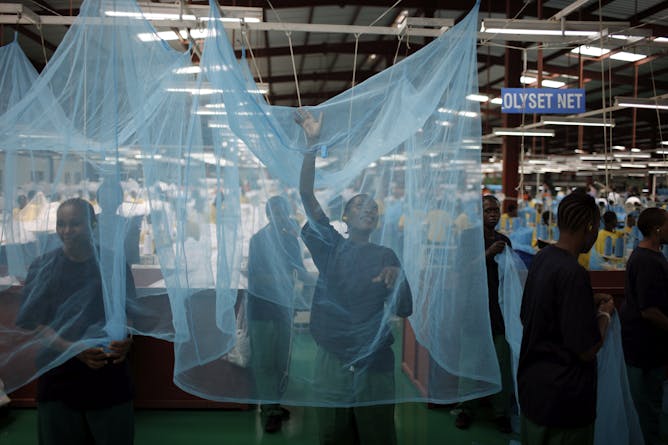
Jaishree Raman, National Institute for Communicable Diseases
There have been disruptions. But national malaria control programmes have shown impressive resilience.
|
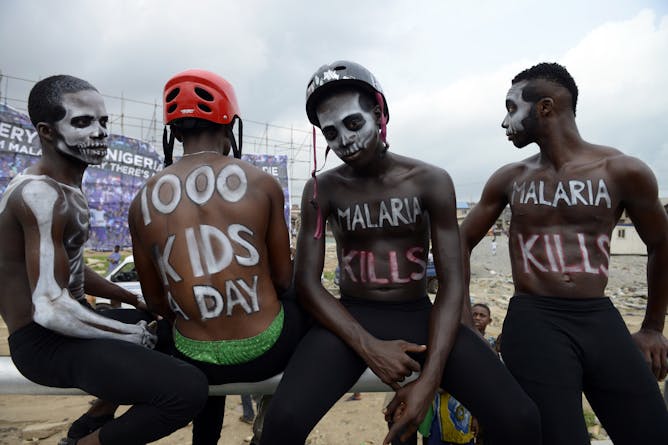
Segun Isaac Oyedeji, Federal University, Oye Ekiti
Nigeria must do more to reduce its high malaria burden.
|
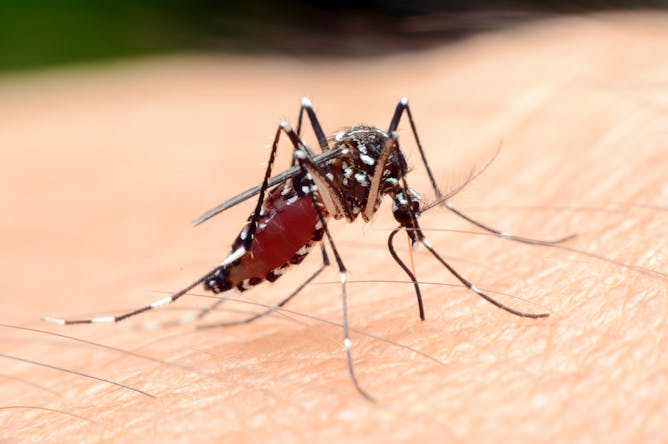
Madelien Wooding, University of Pretoria; Yvette Naudé, University of Pretoria
There is a chemical skin surface difference between individuals who perceived themselves as being attractive for mosquitoes and those that weren’t.
|
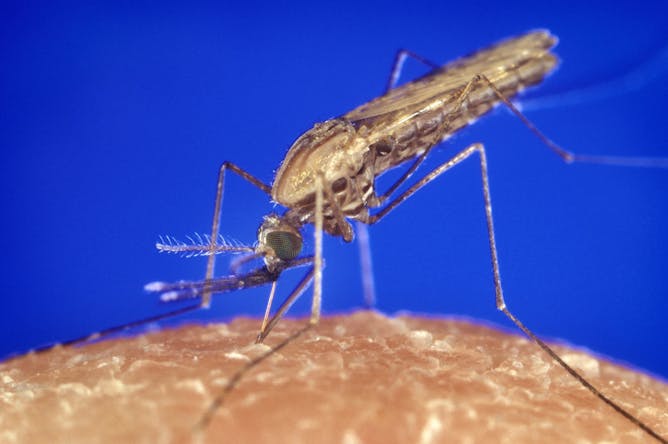
Shüné Oliver, National Institute for Communicable Diseases
What we call mosquitoes are actually 3500 different types of insects, and they all behave differently.
|
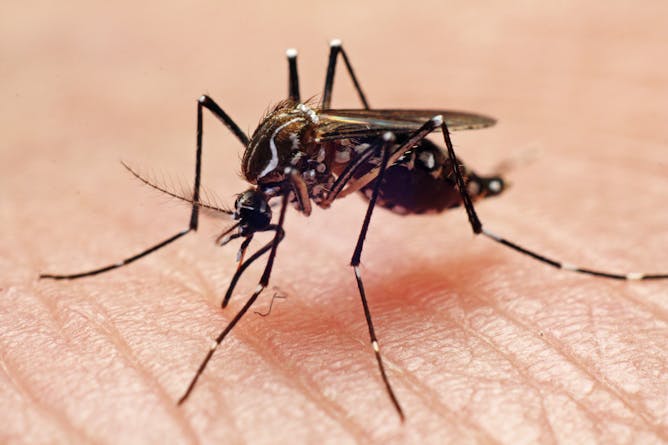
Shüné Oliver, National Institute for Communicable Diseases; Jaishree Raman, National Institute for Communicable Diseases
Mosquitoes are among the deadliest animals in the world. Half of the deaths attributed to them are associated with malaria. But they carry other parasites and viruses that threaten human health.
|
From our international editions
|
-
Paris Stefanoudis, University of Oxford
The snailfish was recently found living at depths believed physically impossible.
-
Catherine Johnson, University of Huddersfield
Calling media organisations ‘government-funded’ risks turning people away from reliable sources of information.
-
Kelley Lee, Simon Fraser University; Joel Lexchin, York University, Canada; Katrina Plamondon, University of British Columbia; Roojin Habibi, York University, Canada
As negotiations for an international pandemic treaty get underway, public engagement is in the best interests of Canadians. Here is how the federal government is consulting affected populations.
-
Simran Purewal, Simon Fraser University; Kaylee Byers, Simon Fraser University; Kayli Jamieson, Simon Fraser University; Neda Zolfaghari, Simon Fraser University
People with long COVID report that their symptoms are dismissed or not treated seriously by health-care providers. This medical gaslighting not only prevents treatment but can cause stigma and shame.
|
|